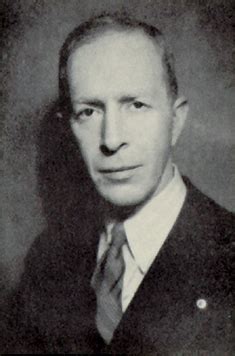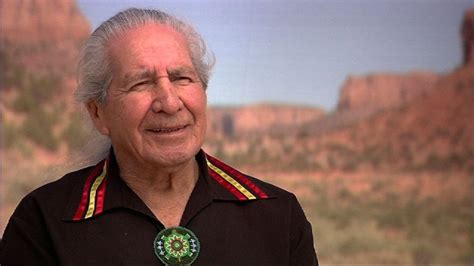A Quote by Jacques Monod
Modern societies accepted the treasures and the power offered them by science. But they have not accepted - they have scarcely even heard - its profounder message: the defining of a new and unique source of truth, and the demand for a thorough revision of ethical premises, for a complete break with the animist tradition, the definitive abandonment of the 'old covenant', the necessity of forging a new one. Armed with all the powers, enjoying all the riches they owe to science, our societies are still trying to live by and to teach systems of values already blasted at the root by science itself.
Quote Topics
Abandonment
Accepted
Armed
Break
Complete
Covenant
Defining
Definitive
Demand
Enjoying
Ethical
Even
Forging
Heard
Itself
Live
Live By
Message
Modern
Necessity
New
New One
Offered
Old
Our
Owe
Power
Powers
Premises
Revision
Riches
Root
Scarcely
Science
Societies
Source
Still
Systems
Teach
Them
Thorough
To Live By
Tradition
Treasures
Truth
Trying
Unique
Values
Related Quotes
Armed with all the powers, enjoying all the wealth they owe to science, our societies are still trying to practice and to teach systems of values already destroyed at the roots by that very science. Man knows at last that he is alone in the indifferent immensity of the universe, whence which he has emerged by chance. His duty, like his fate, is written nowhere.
For the artist, the goal of the painting or musical composition is not to convey literal truth, but an aspect of a universal truth that if successful, will continue to move and to touch people even as contexts, societies and cultures change. For the scientist, the goal of a theory is to convey "truth for now"--to replace an old truth, while accepting that someday this theory, too, will be replaced by a new "truth," because that is the way science advances.
What the founders of modern science ... had to do, was not criticize and to combat certain faulty theories, and to correct or to replace them by better ones. They had to do something quite different. They had to destroy one world and replace it by another. They had to reshape the framework of our intellect itself, to restate and to reform its concepts, to evolve a new approach to Being, a new concept of knowledge, and a new concept of science - and even to replace a pretty natural approach, that of common sense, by another which is not natural at all.
The essence of modernity is that progress no longer waits on genius; instead we have learned to put our faith in the organized efforts of ordinary men. Science is as old as the race, but the effective organization of science is new. Ancient science, like placer mining, was a pursuit of solitary prospectors. Nuggets of truth were found, but the total wealth of knowledge increased slowly. Modern man began to transform this world when he began to mine the hidden veins of knowledge systematically.
The values of science and the values of democracy are concordant, in many cases indistinguishable. Science and democracy began - in their civilized incarnations - in the same time and place, Greece in the seventh and sixth centuries B.C. . . . Science thrives on, indeed requires, the free exchange of ideas; its values are antithetical to secrecy. Science holds to no special vantage points or privileged positions. Both science and democracy encourage unconventional opinions and vigorous debate. Both demand adequate reason, coherent argument, rigorous standards of evidence and honesty.
[Dr. Constain James] refuted so well the aberrations of Darwinism.... [A system] which is repugnant at once to history, to the tradition of all people, to exact science, to observed facts, and even to reason itself, would seem to need no refutation. But the corruption of this age, the machinations of the perverse, the danger of the simple, demand that such fancies, altogether absurd though they are, should - since they borrow the mask of science - be refuted by true science.
How can you communicate your thoughts or demonstrate your hypotheses by conventional means when all the values and standards that you want to challenge are built into those means? Science and new technology today like to declare that they encourage 'lateral thinking,' new ways of seeing and putting data together - but all systems have an inbuilt resistance to what has not been programmed into them through the premises on which their rules are based.
There is... in our day, a powerful antidote to nonsense, which hardly existed in earlier times - I mean science. Science cannot be ignored or rejected, because it is bound up with modern technique; it is essential alike to prosperity in peace and to victory in war. That is, perhaps from an intellectual point of view, the most hopeful feature of our age, and the one which makes it most likely that we shall escape complete submersion in some new or old superstition.


































